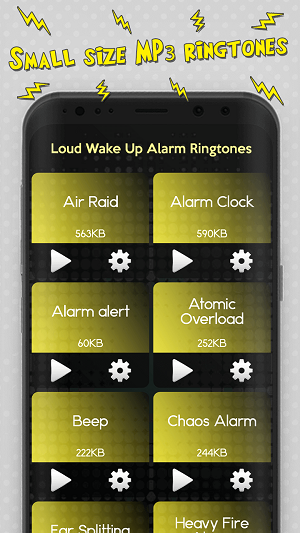

You're less likely to feel groggy if you wake up from a light sleep, compared to a deeper slow-wave or REM sleep.Ī light sleep stage is characterised by Theta wave frequencies (as measured from the brain's electrical activity) and can be associated with feeling drowsy. Thus, alert wakefulness may in part require mechanisms that encourage a redistribution of blood flow to the brain - something certain types of sound and music can do.Īnother factor that influences alertness upon waking is the stage of sleep at the time.

Research has also shown blood flow activity within the brain to be diminished after waking, in comparison to the pre-sleep state. This means you can be awake, but not quite with it. Studies show the brain regions important for alert performance (the prefrontal cortical regions) take longer to "start-up" than other areas (such as the basal ganglia) which are important for arousal. Waking relies on complex biological processes, including increased blood flow allocation to the brain. Transitioning from sleep to alertness does not follow an on/off switch-like system, as brain imaging techniques have revealed. It's a growing concern as it can have serious consequences while performing high-risk tasks, including driving. This cognitive state of reduced alertness is referred to as "sleep inertia". In some instances, grogginess after waking has the potential to be dangerous several hours later, by reducing our performance in critical decision-making (such as in health settings, emergency responses, security or while driving).

And how we wake up can not only affect our mood and the day's outlook, but also our cognition and mental performance. In particular, alarms that have the qualities of "tunefulness" (think ABC by The Jackson 5) have melodies that energise the listener, and are great for effective waking.īut to understand why this is the case, we first need to understand how our brains respond to complex stimuli when moving out of the sleep state. Research has now shown certain alarm sounds can indeed enhance our alertness upon waking. He believed specific songs - melodies that roused the energies - had the ability to counteract the drowsiness waking may bring.Īnd he appears to have had a point. So it's important to ensure we're on top of our alarm game.īut what type of alarm provides peak alertness upon waking? Pythagoras posited this same question in around 500 BCE. With the return to office work - and no longer being able to roll out of bed and straight into a Zoom meeting - many of us will be waking up earlier to beat the morning rush.


 0 kommentar(er)
0 kommentar(er)
